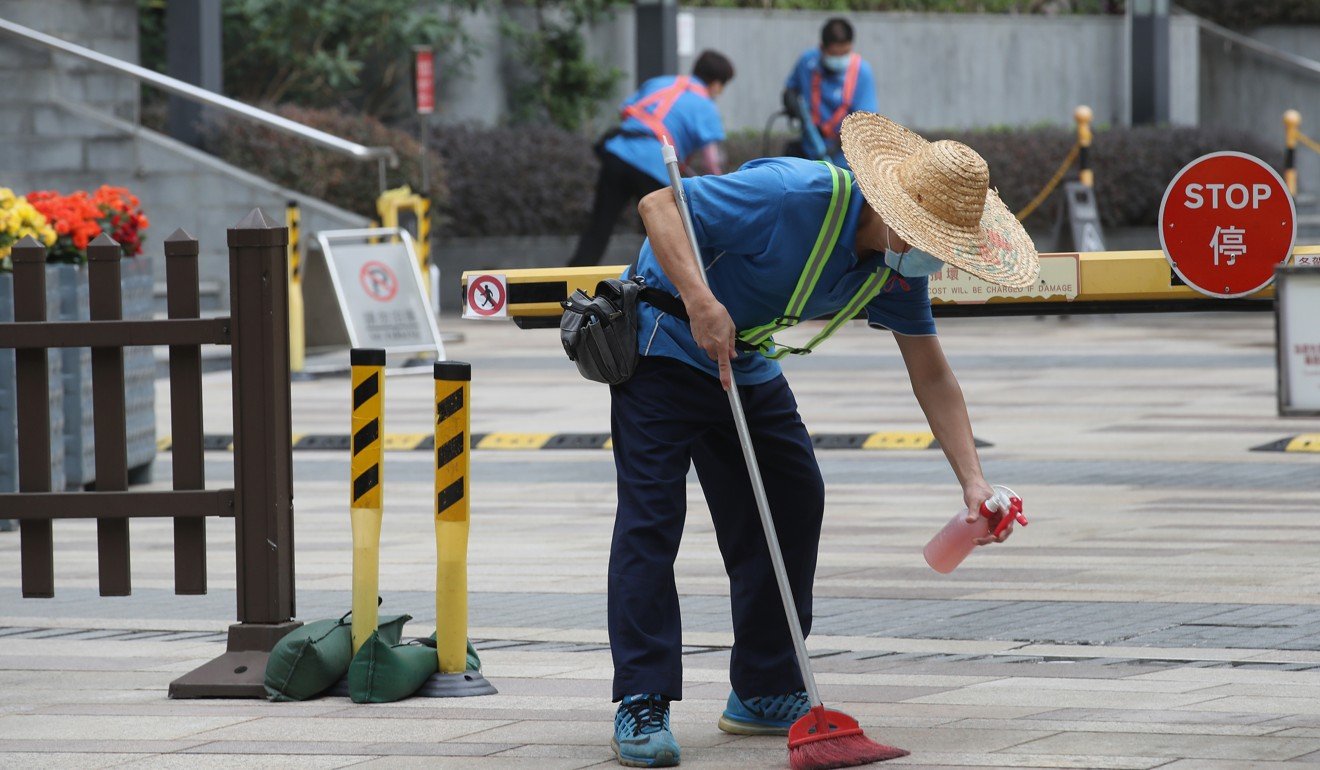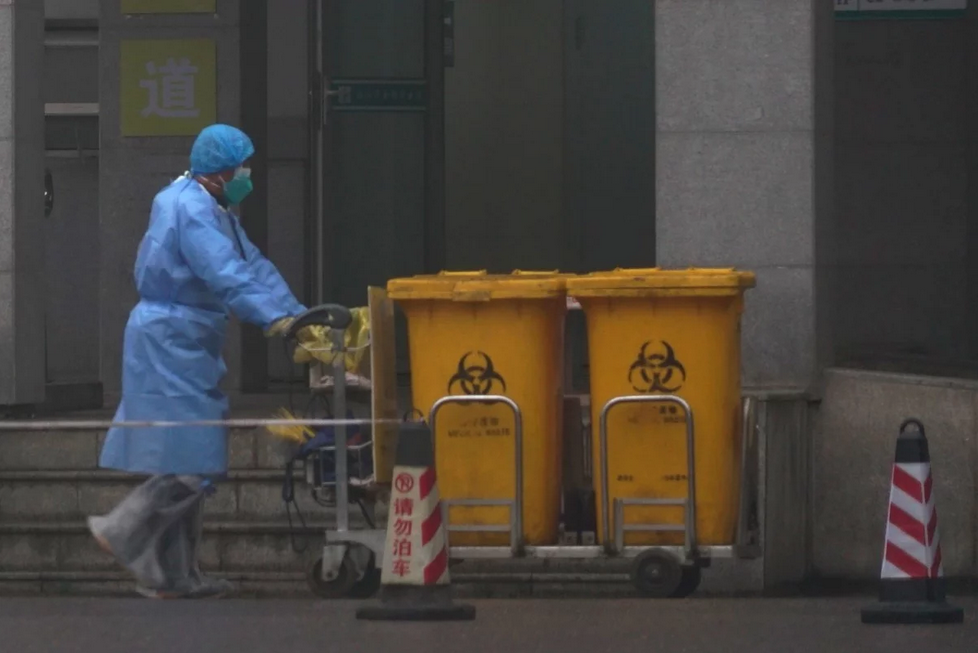SOUTH CHINA MORNING POST – The government did not warn the public for months, allowing people carrying the virus to migrate freely, and did not alert the WHO until February 2003. China finally began concerted action in the summer of 2003, and SARS – severe acute respiratory syndrome – was quickly brought under control. But the inadequate reporting and delayed response led to a public health trust deficit that persists today.
Like bird flu in 1997 and the SARS epidemic of 2002-03, the newest has originated in the mainland, this time in Wuhan, most likely in a market where exotic wild animals are sold. Like before, there are suspicions that in these early stages the number of confirmed cases were undercounted, under-reported or both. Like before, there were delays and denials, with Wuhan officials initially downplaying the virus as mild, treatable and contained while dismissing the likelihood of human-to-human transmission. Those who disagreed online were questioned by police for spreading “false rumours”.
But 2020 is not 1997, nor even 2003. China’s public health infrastructure and reporting system have become more reliable. Most importantly, internet use and penetration in China today makes it virtually impossible for a cover-up to last for long. Despite censorship of some news about the virus – including blocking foreign media websites – platforms have been filled with debate, discussion and questions from citizens asking what precautions they should take.
Also, state media made much of President Xi Jinping’s instruction to local officials to open up about the number of cases and the severity of the epidemic, or risk consequences. And WHO investigators and Hong Kong specialists have been allowed to visit Wuhan.

Does this signal that Beijing is opting for a new policy of transparency this time?
“It’s still very mixed,” said my colleague Dr King-wa Fu, who studies patterns at the University of Hong Kong. “We see censorship. But we also see a lot of discussion online. We’ll have to wait and see.”
The rapid spiral in the number of identified virus cases, and the new draconian measures taken, like effectively quarantining Wuhan at the start of the busy travel period, breeds suspicion that the real picture may be far worse than officials even now admit.
Even the quarantine smacks of too little, too late. It seems ill-planned, and likely to be largely ineffective. First there is the near impracticality of sealing off a city of 11 million people, larger than the populations of Hong Kong or New York City. The move was taken the day before the New Year’s Eve travel period, when many people would have already started on their journeys. Planes, trains and buses were halted, but it was unclear what provisions would be made for private cars. Perhaps most inexplicably, the ban was announced to take effect at 10am on a Thursday, creating an early-morning crush of travellers trying to get out ahead of the quarantine.
Then there’s the matter of whether such a closure of Wuhan could even be effective. Some public health experts I spoke with said there seems to have been no provision made for getting food, fuel and critical supplies like medicine into the city, or how investigators, decision makers or even journalists would enter – and whether they would then be permitted to leave. And while the closure might temporarily tamp down the virus’s geographical spread – apart from those residents who have already left – it could also have the unintended effect of turning Wuhan into an incubator of infection.
Both the Hong Kong and Chinese central governments are facing crises of confidence. The Hong Kong government was already facing a loss of public confidence aftersparked by Chief Executive botched extradition bill. Some pro-democracy lawmakers and ordinary citizens are accusing the government of dragging its feet on the virus crisis for fear of offending Beijing – for example, not shutting down the West Kowloon rail terminus, and not immediately demanding arriving mainland train passengers fill out health declaration forms. Bird flu redux.
For the Chinese Communist Party, which just celebrated 70 years in power, its legitimacy derives not from any election but from its performance. China’s leaders base their right to rule on how effectively they have managed what is soon to be the world’s largest economy.
One may have thought China’s leaders had learned from their errors handling SARS. Unfortunately, history teaches us otherwise, and seems to be repeating itself again.
Originally published at:
https://www.scmp.com/week-asia/opinion/article/3047434/bird-flu-sars-china-coronavirus-history-repeating-itself




